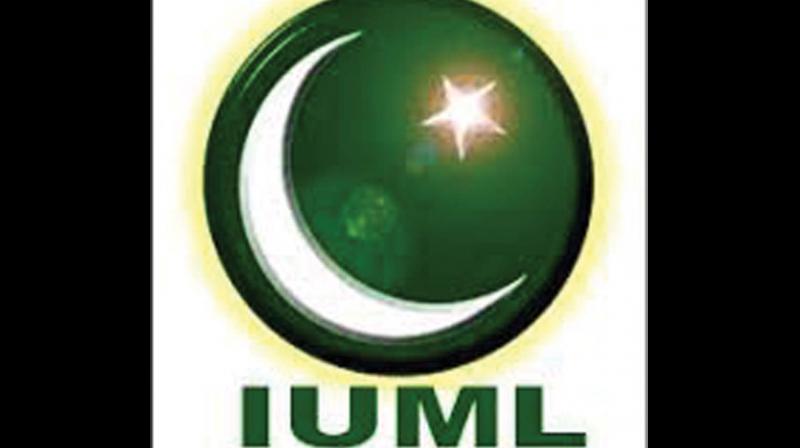Indian Union Muslim League ensured a moderate Kerala
Party often made to prove its patriotism .

Kochi: It is a fallacy of majoritarian politics that the Indian Union Muslim League (IUML) has often to prove its secular and patriotic credentials, a test that no other party in the Union undergoes. To prove the point IUML founding president Qua-ide Millath Mohammed Ismail Sahib had to announce in the Lok Sabha in the early 1960s that he will send his children to fight the Pakistan army if it attacks India.
But doubts lingered. Kerala MP, C. H. Mohammed Koya, more touchingly declared in the Lok Sabha that “our children and we will be the first to fight if Mecca, to which we are spiritually bound, dares to attack India”.
“It is the League’s article of faith that neither Pakistan nor Mecca can turn it or the community against its compatriots,” says Prof M. N. Karassery, a social critic.
Politicians unfamiliar with history prefer to believe that the IUML is the legatee of Mohammed Ali Jinnah’s All India Muslim League. The Muslim League Kerala State Committee, upholding secular democracy, social justice and the legacy of the historic freedom struggle, refused to join hands with the original League of Jinnah post-Independence.
The IUML was born at a Muslim leaders' convention at Rajaji Hall in Madras on March 10, 1948, under the patronage of Mohamed Ismail Sahib.
Post-Independence the only League leader to cross over to Pakistan was Sathar Sait, who hailed from the Kutchi Memon community in Gujarat. Geographically Muslims in the State’s northern districts were remote from Pakistan and its concept of theocracy.
But the League’s integration into Kerala’s politics has been chequered. In 1957, Jawaharlal Nehru dismissed the Muslim League as a dead horse. But two years later, the Congress formed a ministry with the League, bearing the infamy of the Liberation Struggle and the dismissal of Comm-unist ministry, headed by EMS Namboodiripad.
Left friendless, Nambo-odiripad roped the League into the CPM-led government in 1967, but soon the League walked away with the gift of Malappuram district, where the community is concentrated. Since then the League has been part and parcel of the Congress-led coalition, barring a brief spell in protest against the shilanyas at Babri Masjid.
However, the League’s contribution to the State’s polity has been its pivotal role as a party of moderation, keeping the lunatic fringe at bay and mainstreaming the community. This explains the relative peace in Kerala, unlike the potentially communal situation in the North, says former League Minister Kutty Ahammed Kutty.
Says Prof Karassery: “This minuscule regional party has never commanded the support of more than 20 MLAs in the 141-member Kerala Ass-embly or more than two members in the 545-member Lok Sabha. The community that it represents is about 27 per cent of the Kerala population. Leag-ue leader Mohammed Ko-ya has been Kerala CM, but for less than two months.
“In 1967, the EMS ministry lifted prohibition in Malabar, but the League ministers did not protest though alcohol is haram. The Socialist P. K. Kunju introduced lottery, equally haram to the community. The League’s main concern has been the uplift of the community rather than imposing its credo on the rest of society”.
Thanks to the Gulf boom, the community has been able to pull itself out of stark deprivation and also contribute largely to Kerala’s remittance economy.
Almost 42 per cent of the emigrants from Kerala are Muslims. The League can claim its due share of credit for the transformation.

